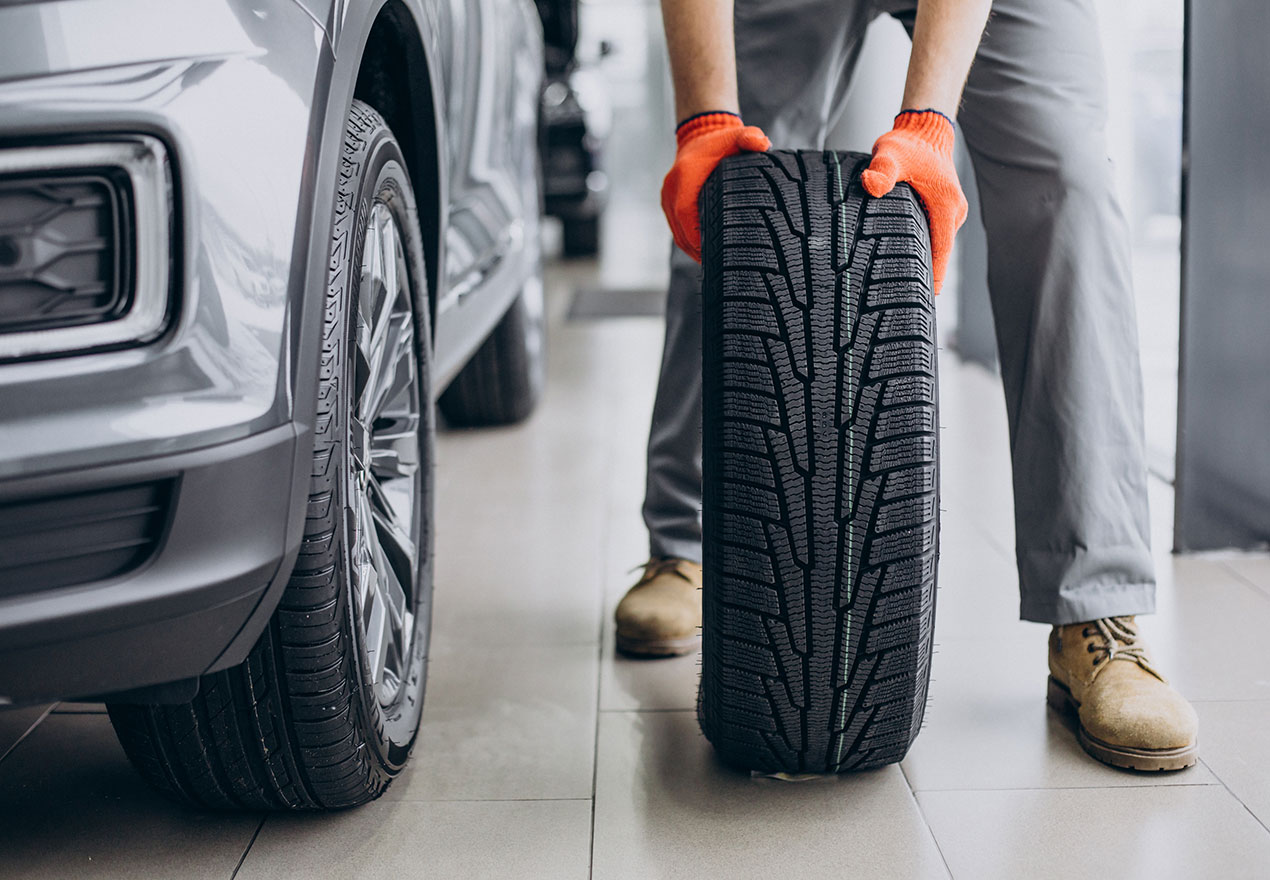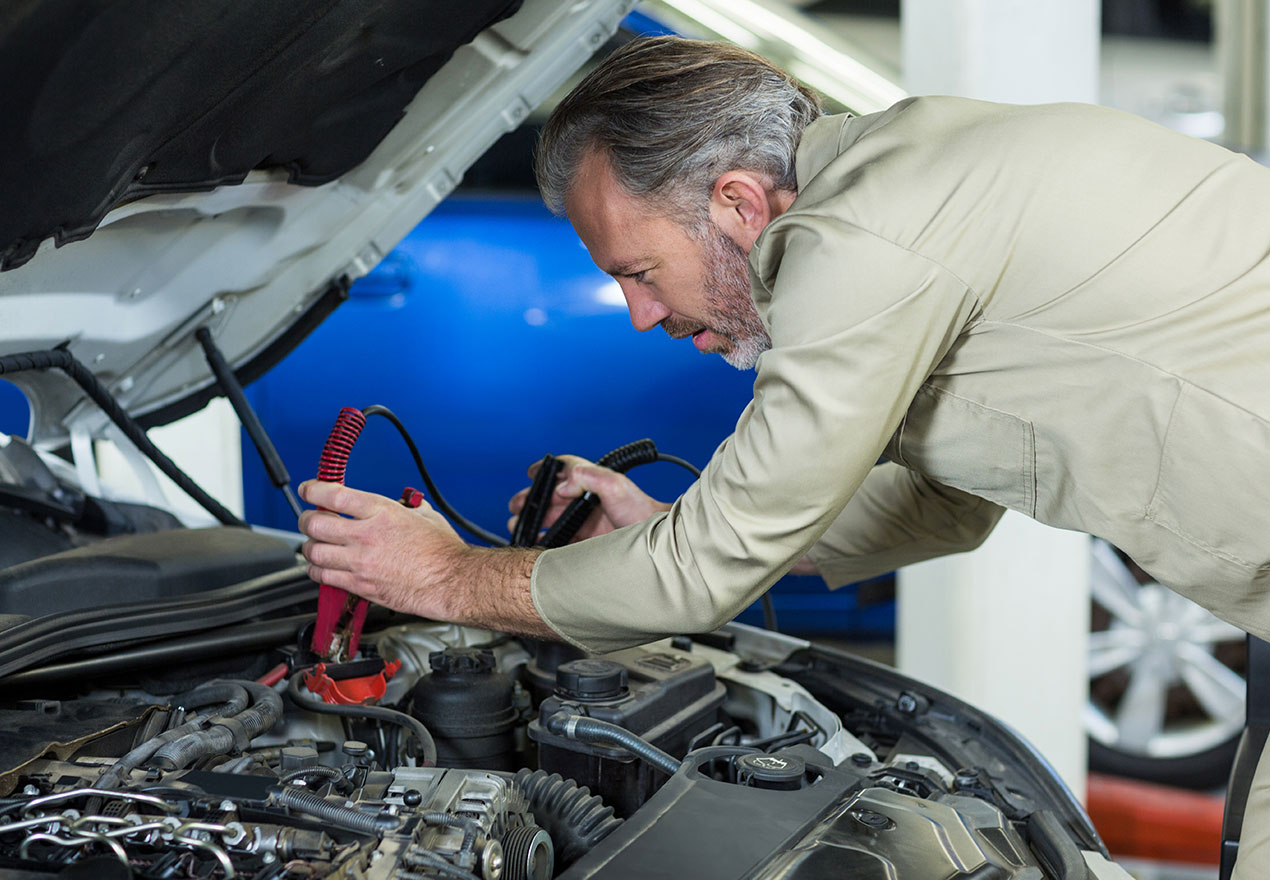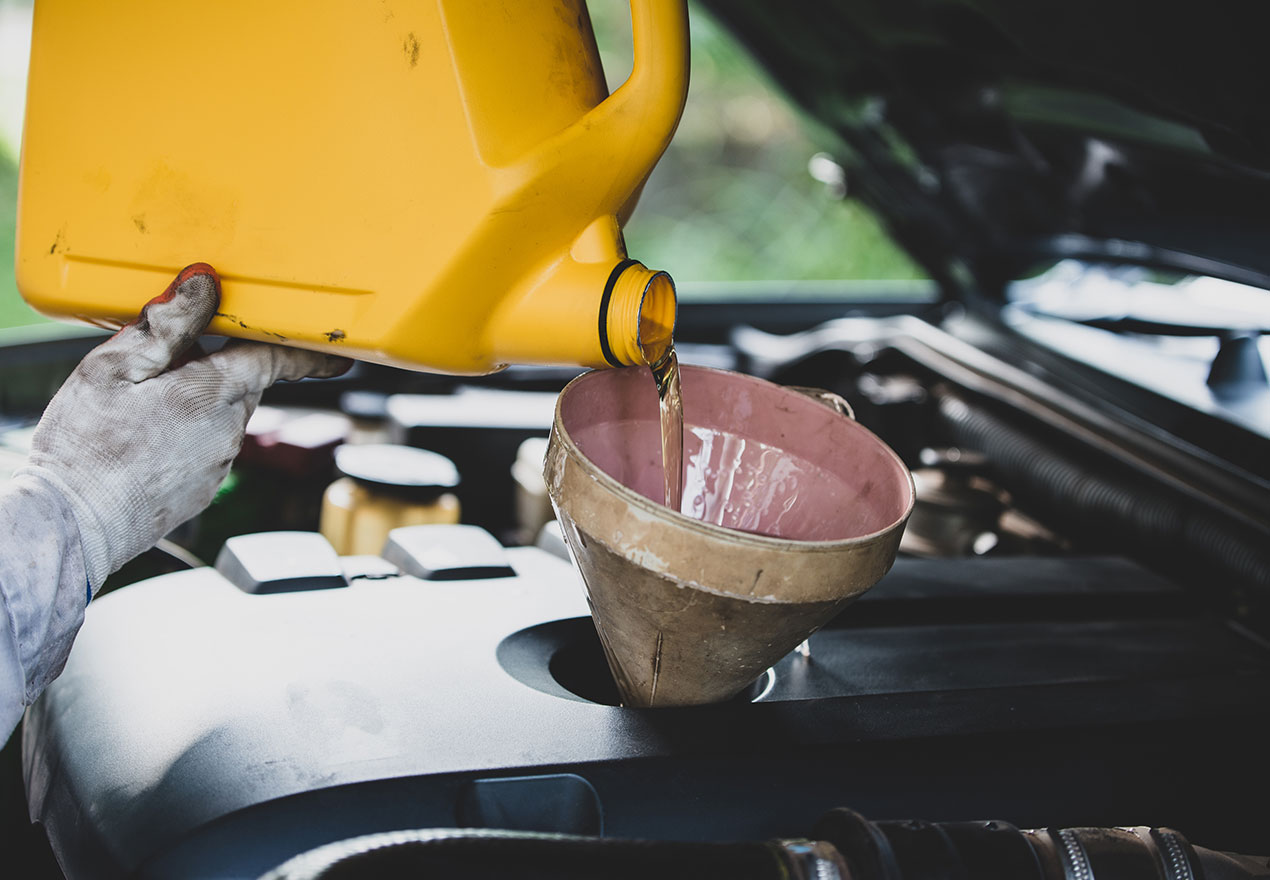Tire safety is an important part of driving safely. If you feel like your vehicle is jiggling whenever you are driving, especially after hitting a massive pothole, you might need to schedule a tire service just to make sure that everything is okay.
Whenever you go in for a tire service, our mechanics will usually ask whether you want a tire rotation or wheel alignment. And, if you are not familiar with car maintenance language you might end up being confused. To help make things more transparent and ensure that you order the correct tire service, read on below to find out more about the difference between tire rotation and wheel alignment.
What Is Tire Rotation (Tire/Wheel Balancing)?
If your vehicle seems to shimmy from side to side when driving, it might be in need of a tire rotation service. Also referred to as tire or wheel balancing, tire rotation involves the movement of tires from one position/side to another so as to ensure even wear.
Your vehicle’s tires normally wear as you drive simply because they are the point of contact with the road surface. Tires normally undergo uneven wear due to the varying levels of friction on each one. For instance, front-wheel drive cars normally have more wear on the front tires than on the rear tires; the opposite applies to rear wheel drive vehicles. Uneven weight distribution can also lead to uneven tire wear.
Tires should be rotated every now and then to ensure even wear.
What Is Wheel Alignment?
If your vehicle keeps drifting to one side whenever you are driving in a straight line, then you might need a wheel alignment service to resolve the issue. Wheel alignment can be described as the process of straightening your car’s front tires to ensure that they perfectly match up to the rear tires and steering. Wheel alignment issues may come about as a result of your car hitting a huge pothole when driving. If left unattended, unaligned wheels can lead to uneven tire wear, tire movement and also affect your vehicle’s performance and ability to steer properly.
Wheel alignments should be done as soon as possible after detection of the issue.



